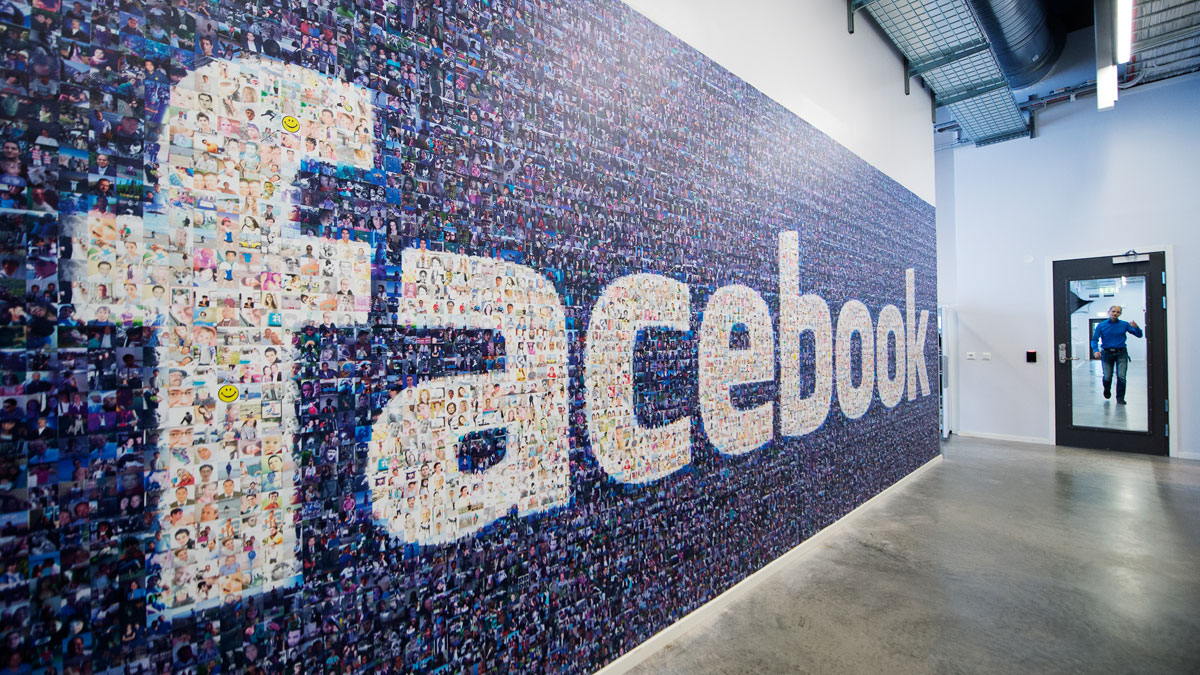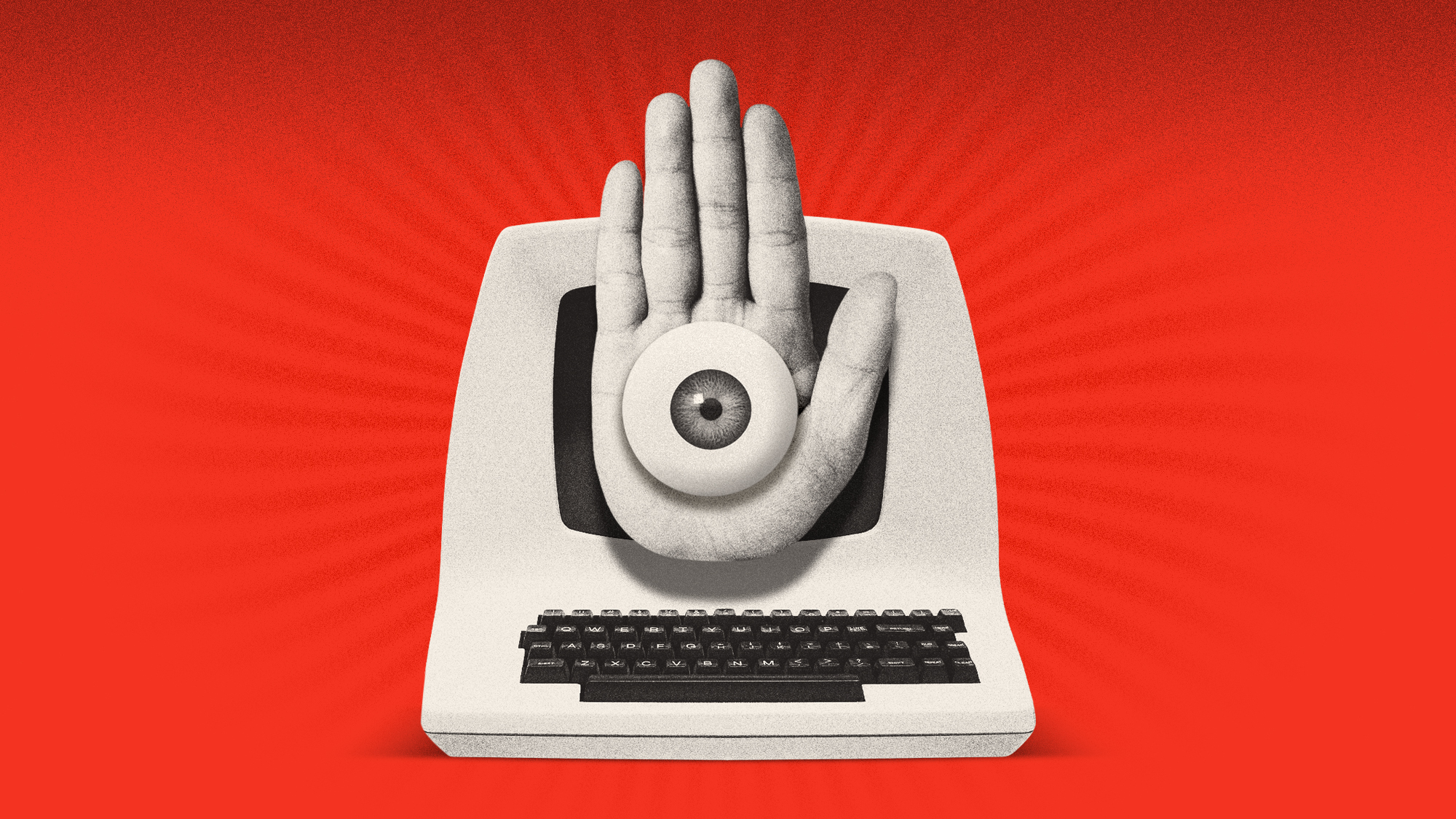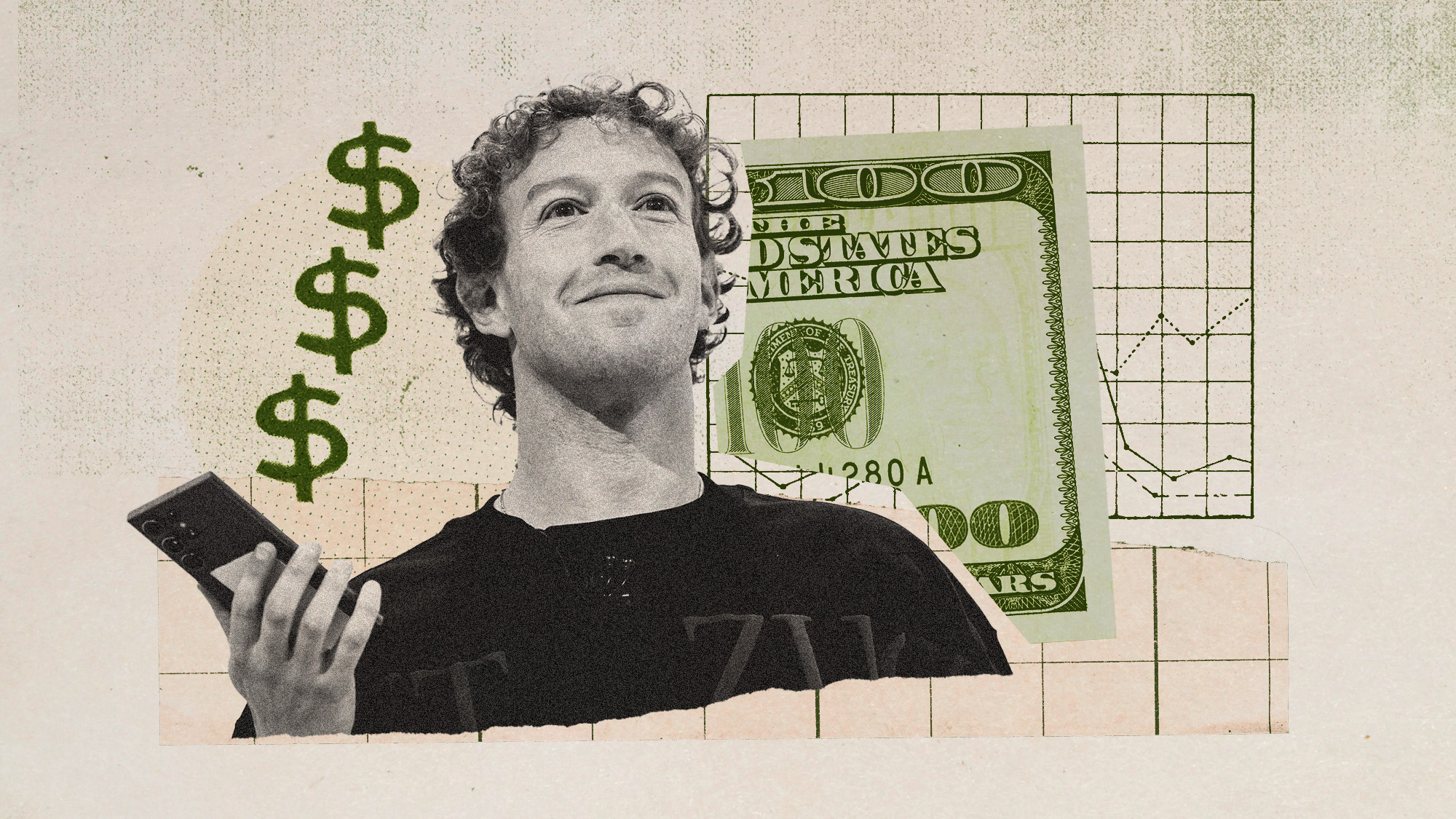Germany orders Facebook to stop sharing WhatsApp users' data
Social network giant told it is infringing law and must delete any information it has already received

A free daily email with the biggest news stories of the day – and the best features from TheWeek.com
You are now subscribed
Your newsletter sign-up was successful
Germany's data protection commissioner has told Facebook it must stop collecting information on its users from its subsidiary WhatsApp.
Johannes Caspar also told the firm to delete any data it has already received from the instant messaging service, reports Deutsche Welle.
The commissioner said Facebook had reneged on a 2014 promise to keep the data of the two services separate, a vow made when it bought WhatsApp for approximately £14.8bn.
The Week
Escape your echo chamber. Get the facts behind the news, plus analysis from multiple perspectives.

Sign up for The Week's Free Newsletters
From our morning news briefing to a weekly Good News Newsletter, get the best of The Week delivered directly to your inbox.
From our morning news briefing to a weekly Good News Newsletter, get the best of The Week delivered directly to your inbox.
WhatsApp notified users of the change in policy in August, saying they would have to opt out if they were not happy with the plan.
However, Caspar said this did not go far enough and that as a separate entity, Facebook should have asked WhatsApp users for permission to collect their data. He has now ordered the social network giant to ask WhatsApp's 35 million German users exactly that.
"It has to be their decision whether they want to connect their accounts with Facebook. Facebook must ask their permission in advance [but] this did not happen," he said.
"The fact that this is now happening is not only a misleading of their users and the public, but also constitutes an infringement of national data protection law."
A free daily email with the biggest news stories of the day – and the best features from TheWeek.com
Caspar is the commissioner for data protection and freedom of information for Hamburg, the city where Faceboook has its German headquarters. As such, it is his responsibility to police the site's activities in Germany.
Facebook at first said it was ready to co-operate with the German authorities, saying: "Facebook complies with EU data protection law. We are open to working with the Hamburg DPA in an effort to address their questions and resolve any concerns."
However, Reuters later reported the company plans to appeal the ruling.
Italy's privacy watchdog said yesterday it was also investigating the sharing of data between Facebook and WhatsApp, adds the news agency. Deutsche Welle reports this is just the latest in a series of fights between European governments and internet giants over data protection.
-
 The year’s ‘it’ vegetable is a versatile, economical wonder
The year’s ‘it’ vegetable is a versatile, economical wonderthe week recommends How to think about thinking about cabbage
-
 Moltbook: The AI-only social network
Moltbook: The AI-only social networkFeature Bots interact on Moltbook like humans use Reddit
-
 Judge orders Washington slavery exhibit restored
Judge orders Washington slavery exhibit restoredSpeed Read The Trump administration took down displays about slavery at the President’s House Site in Philadelphia
-
 Is social media over?
Is social media over?Today’s Big Question We may look back on 2025 as the moment social media jumped the shark
-
 Will online age checks doom internet freedom?
Will online age checks doom internet freedom?Today's Big Question Or do they protect children from harm?
-
 Social media: How 'content' replaced friendship
Social media: How 'content' replaced friendshipFeature Facebook has shifted from connecting with friends to competing with entertainment companies
-
 Meta on trial: What will become of Mark Zuckerberg's social media empire?
Meta on trial: What will become of Mark Zuckerberg's social media empire?Today's Big Question Despite the CEO's attempt to ingratiate himself with Trump, Meta is on trial, accused by the U.S. government of breaking antitrust law
-
 What does an ex-executive's new memoir reveal about Meta's free speech pivot?
What does an ex-executive's new memoir reveal about Meta's free speech pivot?Today's Big Question 'Careless People' says Facebook was ready to do China censorship
-
 What's Mark Zuckerberg's net worth?
What's Mark Zuckerberg's net worth?In Depth The Meta magnate's products are a part of billions of lives
-
 Is the AI bubble deflating?
Is the AI bubble deflating?Today's Big Question Growing skepticism and high costs prompt reconsideration
-
 How social media is limiting political content
How social media is limiting political contentThe Explainer Critics say Meta's 'extraordinary move' to have less politics in users' feeds could be 'actively muzzling civic action'